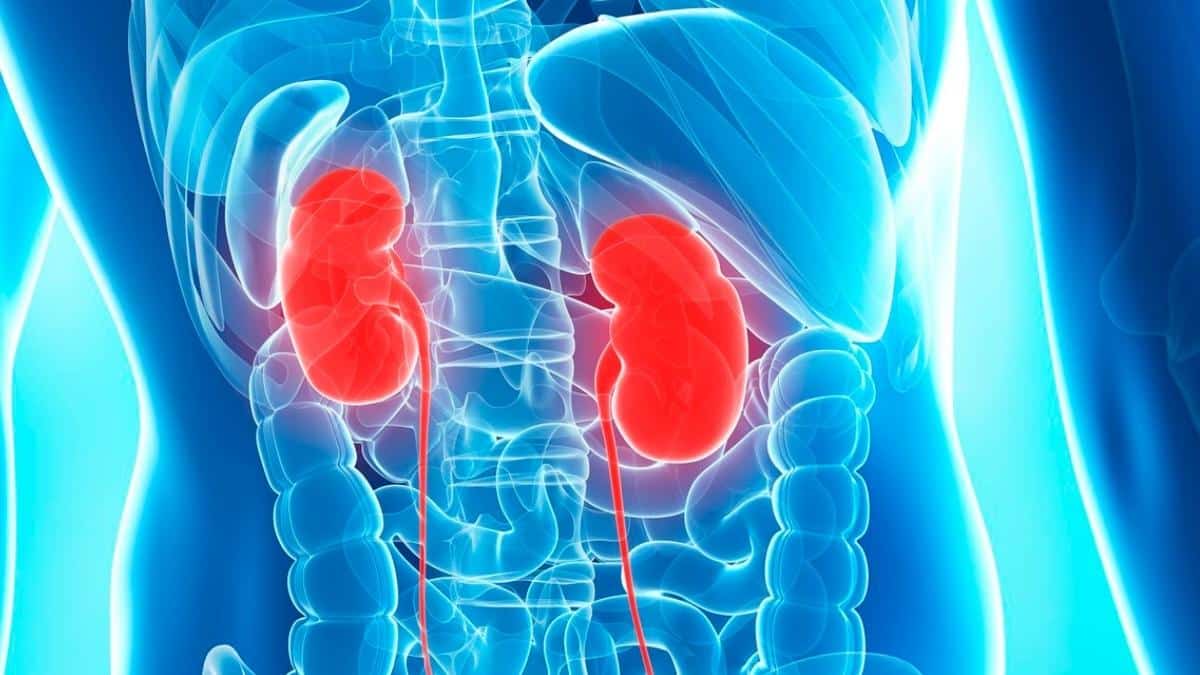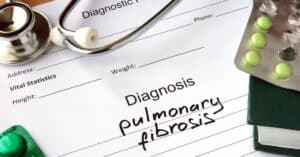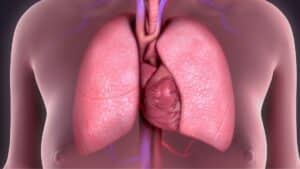Many people with COPD experience problems with their kidneys. One of the characteristics of chronic lung diseases is low blood-oxygen levels, which can lead to other conditions.
Here’s some information about oxygen and the kidneys.
What is the role of the kidneys?
The kidneys are bean-shaped and play an essential role. Kidneys are multi-functional, extracting waste from the blood, balancing body fluid PH, forming urine absorbing minerals, producing hormones and aiding in other important functions.
They sit opposite each other against the back muscles in the upper abdominal cavity with the right kidney sitting a little lower than the left.
Kidneys and their functions

- Waste Excretion: Kidneys filter out toxins, excess salts and urea, a nitrogen-based waste created by cell metabolism.
- Water Level Balancing: Kidneys constantly react to changes in the body’s water level throughout the day. As water consumption increases, the kidneys adjust as needed and remove excess fluid through urination. As water intake decreases, the kidneys adjust again and leave water in the body.
- Blood Pressure Regulation: Kidneys need constant pressure to filter the blood. When blood pressure drops too low, the kidneys increase pressure. One way the kidneys increase pressure is through producing a blood-vessel constricting protein called angiotensin. This protein signals the body to retain water and sodium. Both the constriction and retention help return normal blood pressure.
- Acid Regulation: When cells metabolize, they produce acids. The foods people eat either increase acid or neutralize it. To function well, the body needs to keep a healthy balance of these acids.
- Red Blood Cell Regulation: When the kidneys do not receive enough oxygen, they send out a distress signal in the form of erythropoietin, a hormone that stimulates bone marrow to produce more oxygen-carrying red blood cells.
Oxygen and the Kidneys: How does oxygen affect the kidneys?
It’s common for people who have chronic lung diseases, such as COPD, to also have other health conditions. Chronic renal failure is one condition that can occur in association with chronic lung diseases.
When the kidneys receive insufficient oxygen, hypoxia (low blood oxygen) can occur, and chronic renal failure can follow.
As this kidney disease progresses, the kidneys become increasingly full of fibrous tissue, and they cannot filter the blood or regulate salt properly. Like all organs, the kidneys need oxygen to perform well.
When the body has trouble getting enough oxygen and taking oxygenated blood to organs, tissues and cells, other health conditions can occur. Oxygen and the kidneys work together to help the body maintain proper functions.
What can I do to improve my oxygen levels?
If you have a chronic lung disease, it’s best to see your doctor regularly even when you’re feeling well.
Now that you have more information about oxygen and the kidneys, discuss any changes in your symptoms with your doctor. Your doctor may prescribe medications, pulmonary rehabilitation, oxygen therapy and home therapies.
By working with your doctor to monitor your symptoms, you can develop the plan that works best for you.

Christine Kingsley, APRN is the Health and Wellness Director at the Lung Institute where she focuses on providing helpful online resources for people looking for information on various lung diseases, breathing exercises, and healthy lifestyle choices. She advocates for holistic care that involves working with your doctor to explore all options including traditional and alternative care while focusing on diet and exercise as proactive measures.









